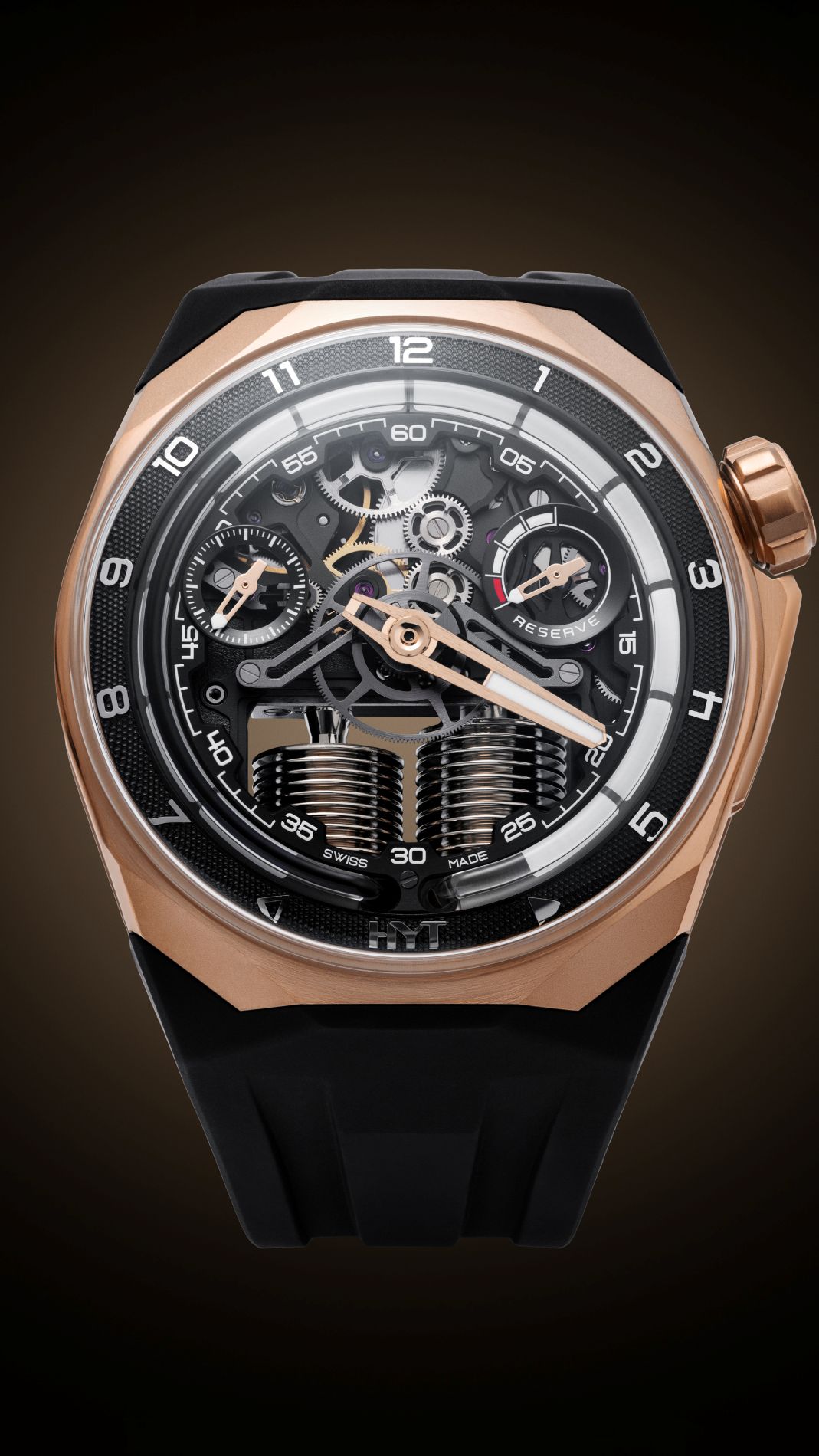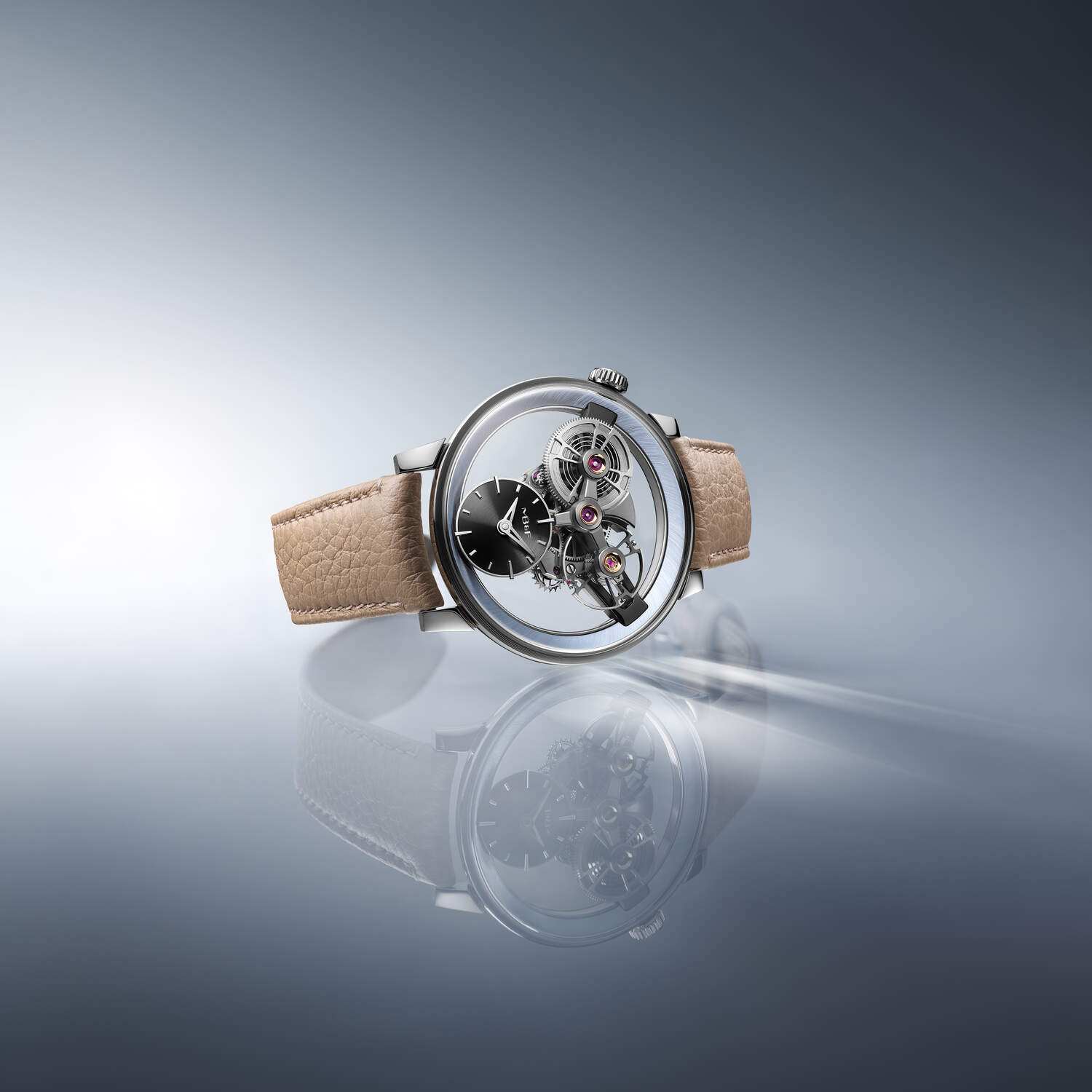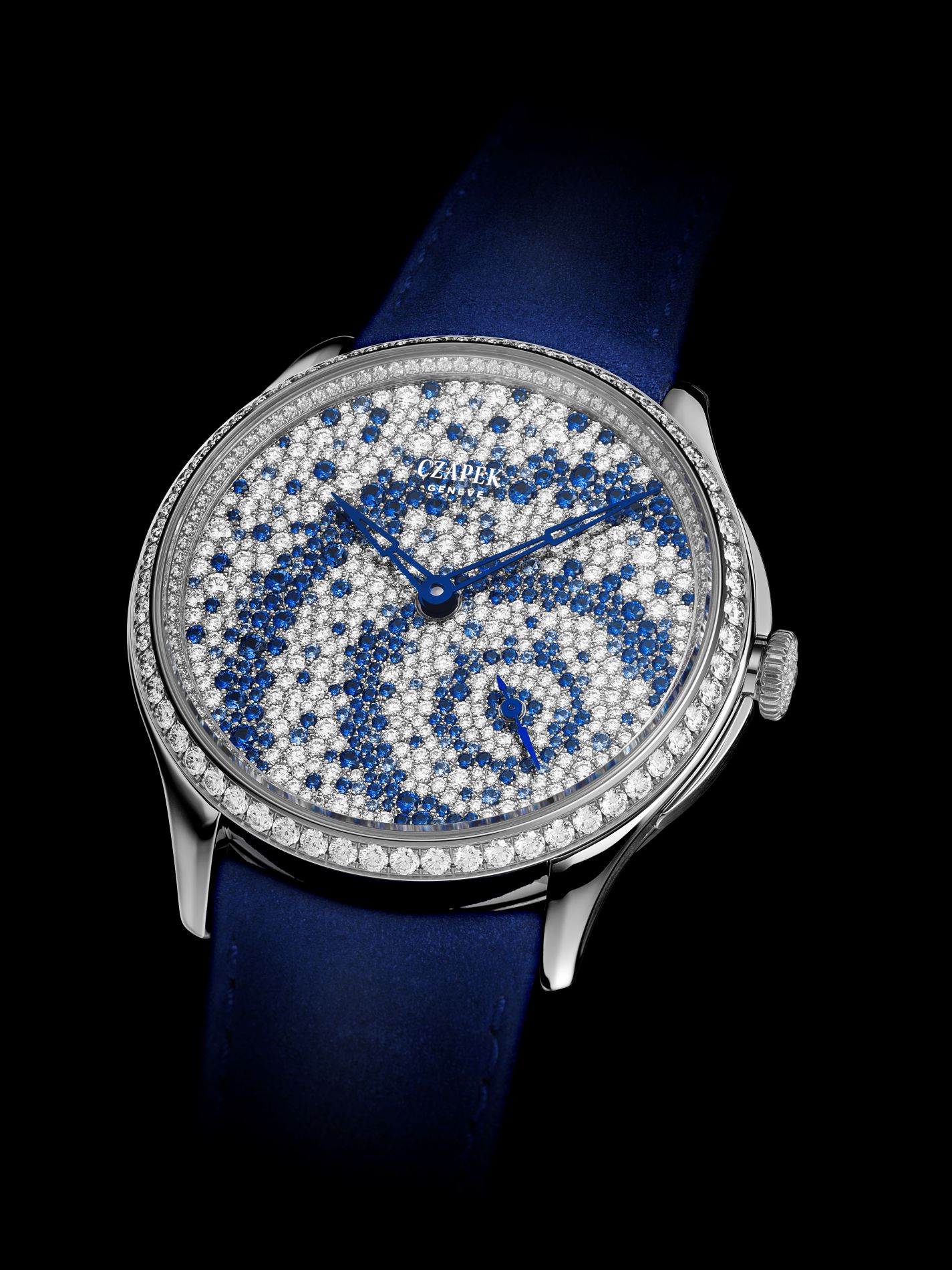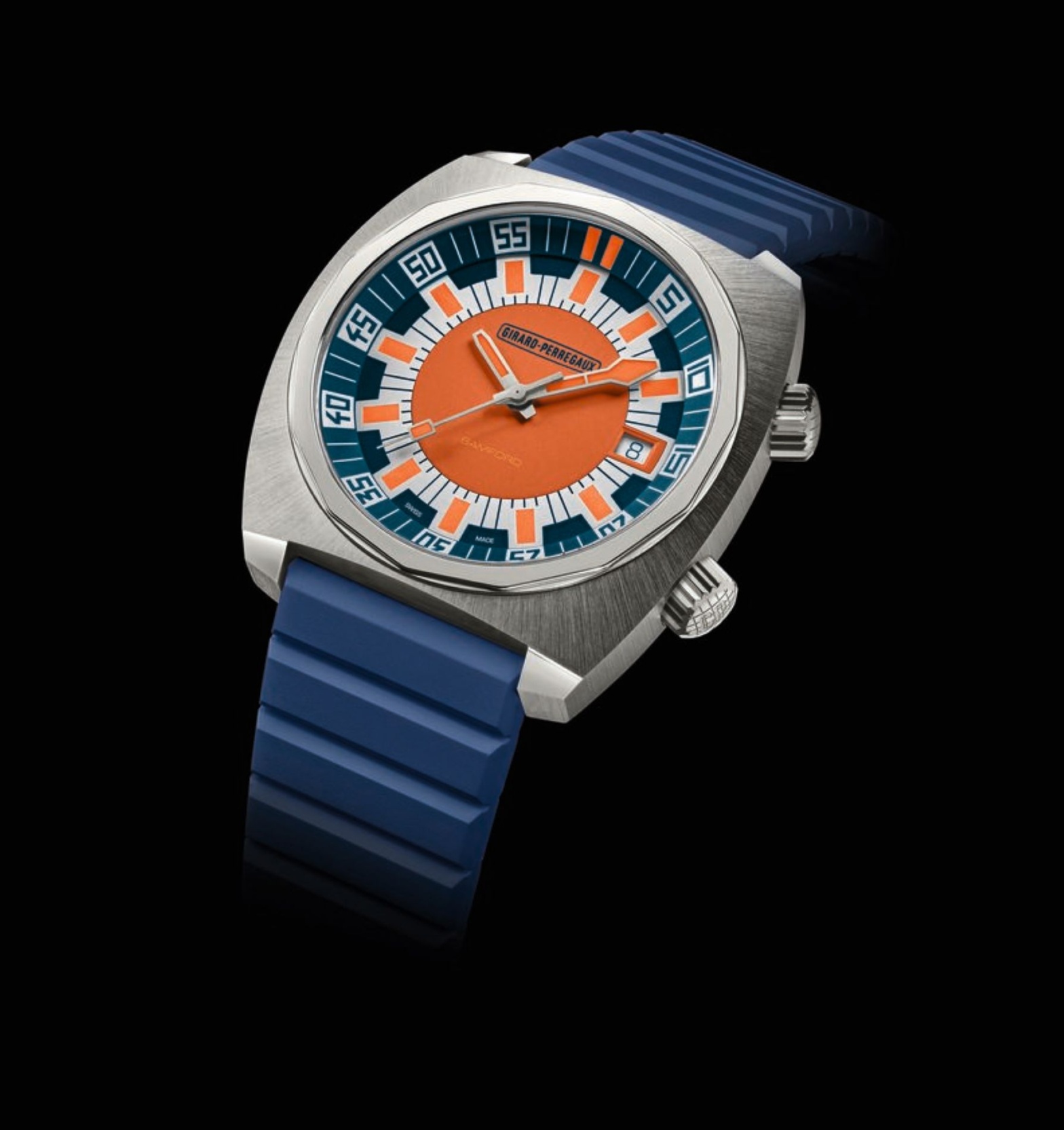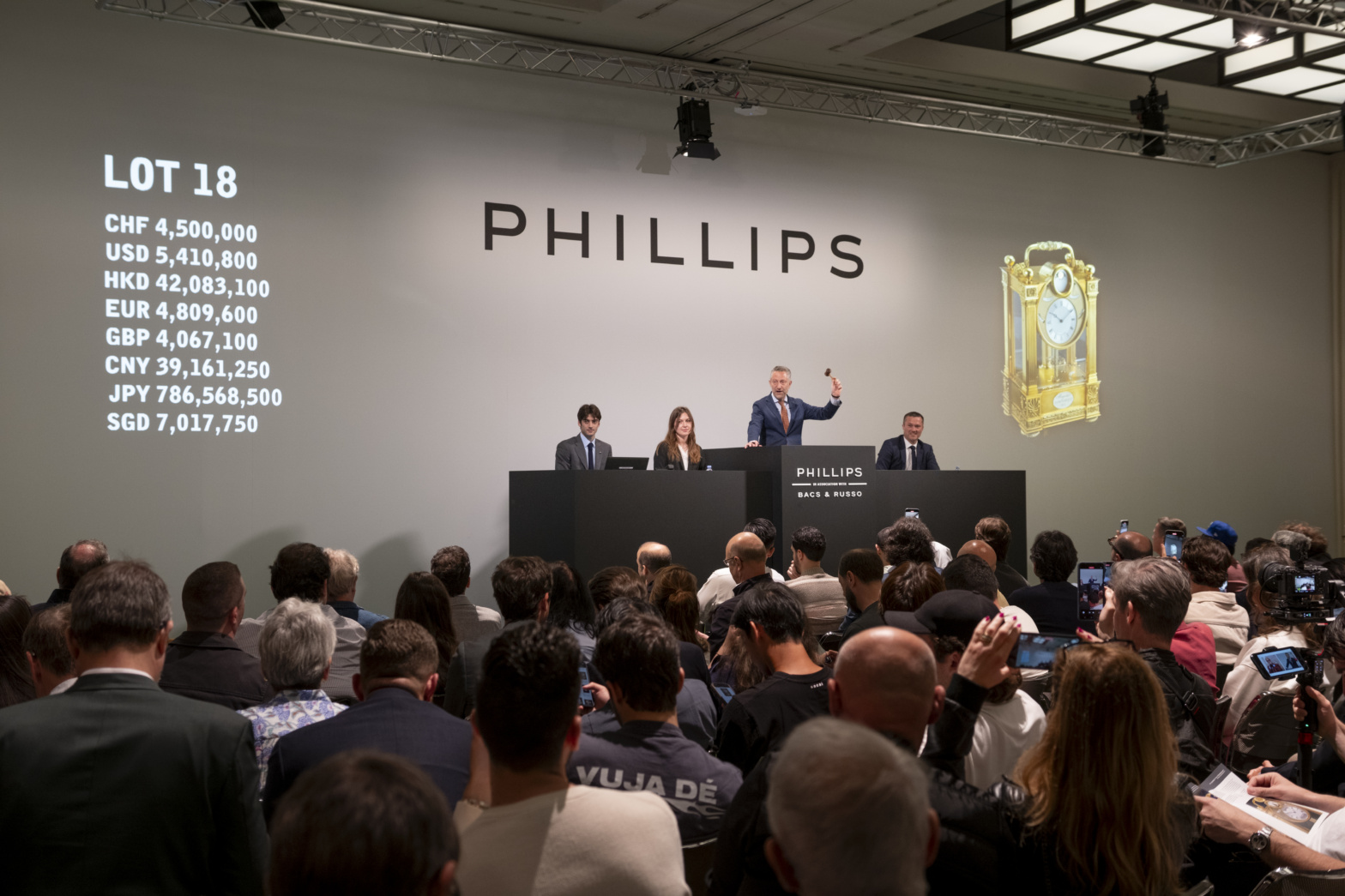• Celebrating the 20th anniversary of an emblematic collection born in 2004, inspired by the 1950s and concealing genuine complexity beneath minimalist aesthetics.
• A creation stemming from a long-running collaboration with French designer Ora ïto, a Vacheron Constantin “One of Not Many” talent.
• A vintage-style monochrome timepiece in yellow gold framing a tone- on-tone dial adorned with concentric circles and a calfskin leather strap featuring graphic motifs inspired by the 1970s.
Inspired by a 1957 model, the Patrimony collection launched in 2004 pays tribute to the grand watchmaking tradition, concealing a complex construction beneath its understated aesthetic. The collection’s 20th anniversary celebration concludes with the new Patrimony self-winding reference in a 100-piece limited edition, the result of a collaboration with designer Ora ïto.
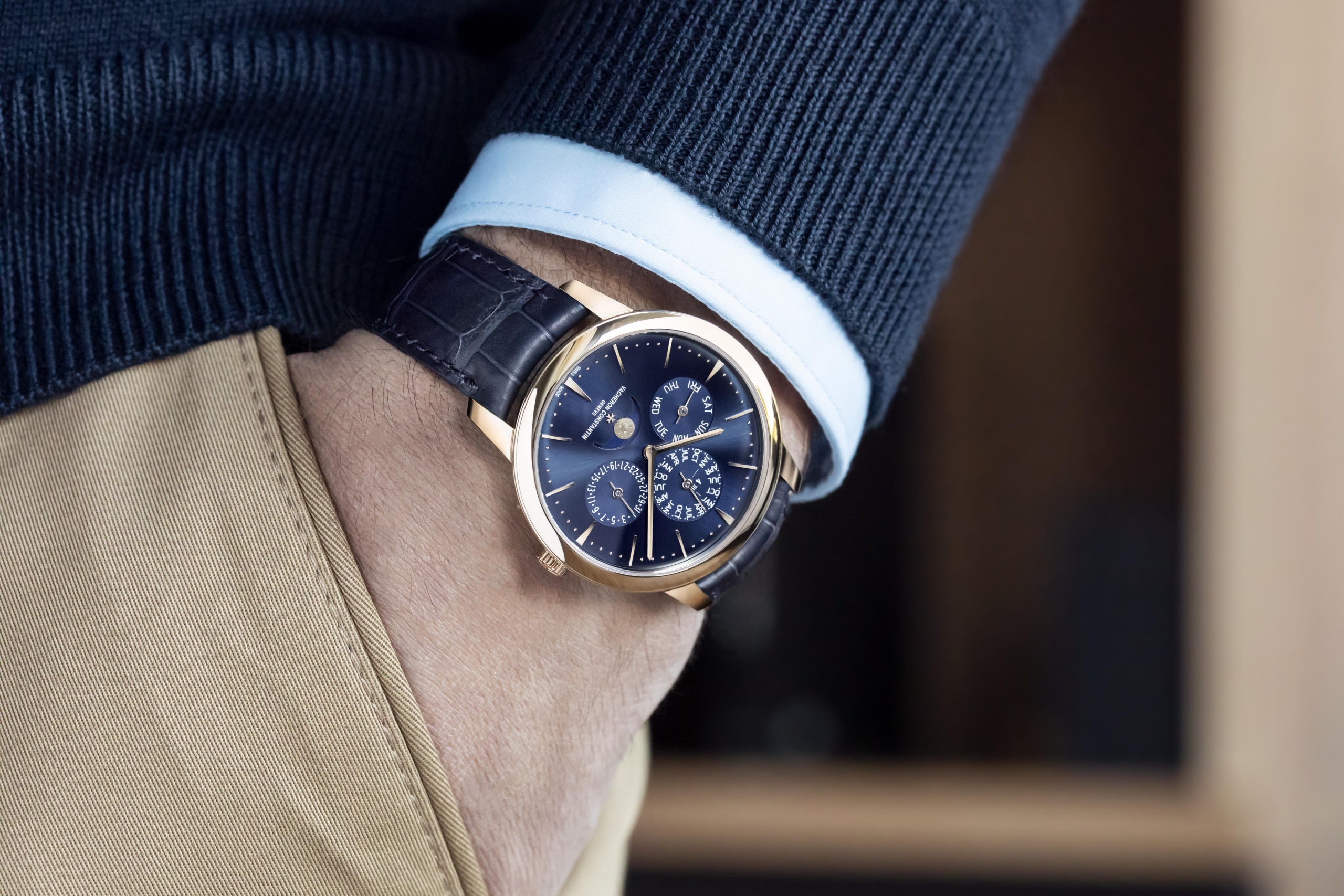
Minimalist aesthetics inspired by the 1950s
The 1950s were characterised by the creation of outstanding watchmaking calibres whose slenderness matched the beauty of their construction. Vacheron Constantin’s ultra-thin manual-winding 1001 and 1003 movements belong to this category. Back in the day they powered References 6179 and 6187 which hold a special place in the history of the Maison. Calibre 1001 measuring barely 2.94 mm thick features a specific construction with five arabesque bridges. This Hallmark of Geneva-certified movement found its place in the category of chronometer-quality calibres thanks to its precision regulator. It foreshadowed Calibre 1003 launched in 1955 to mark the Manufacture’s bicentenary, the world’s thinnest movement (1.64 mm thick) at the time and still regarded as one of the highest-quality manual-winding models ever produced.
Inspired by these creations, Vacheron Constantin launched the Patrimony collection in 2004: stemming from classic traditional watchmaking, it is distinguished by understated design and a rare aura of elegance. During the 20 years following the launch of this now emblematic collection, Patrimony models have never deviated from these principles, typified by a round case with a slim bezel as well as a refined, domed dial with slender, curved applied hour- markers, curved baton-type hands and ‘pearl’ minutes track.
This apparent formal simplicity demands a high level of craftsmanship. The almost invisible dial curvature calls for stamping rigorously accurate to the nearest micron. The same obsessive concern for detail is applied to the curved shape of the hands, hour-markers as well as the ‘pearls’ on the minutes track, with each machined component requiring manual retouching involving the added difficulty of their tiny size.
Such aesthetic sobriety – a paradoxically complex exercise in style – is matched by High Watchmaking mechanisms. The Maison has developed several ultra-thin movements – both simple and endowed with horological complications – such as manual-winding minute repeater Calibre 1731 and self-winding perpetual calendar Calibre 1120, respectively measuring 3.90 mm and 4.05 mm thick. All the collection’s timepieces are powered by mechanical movements ranging from those driving three-hand displays to others equipped with noble complications, including special displays such as retrograde date and day models.
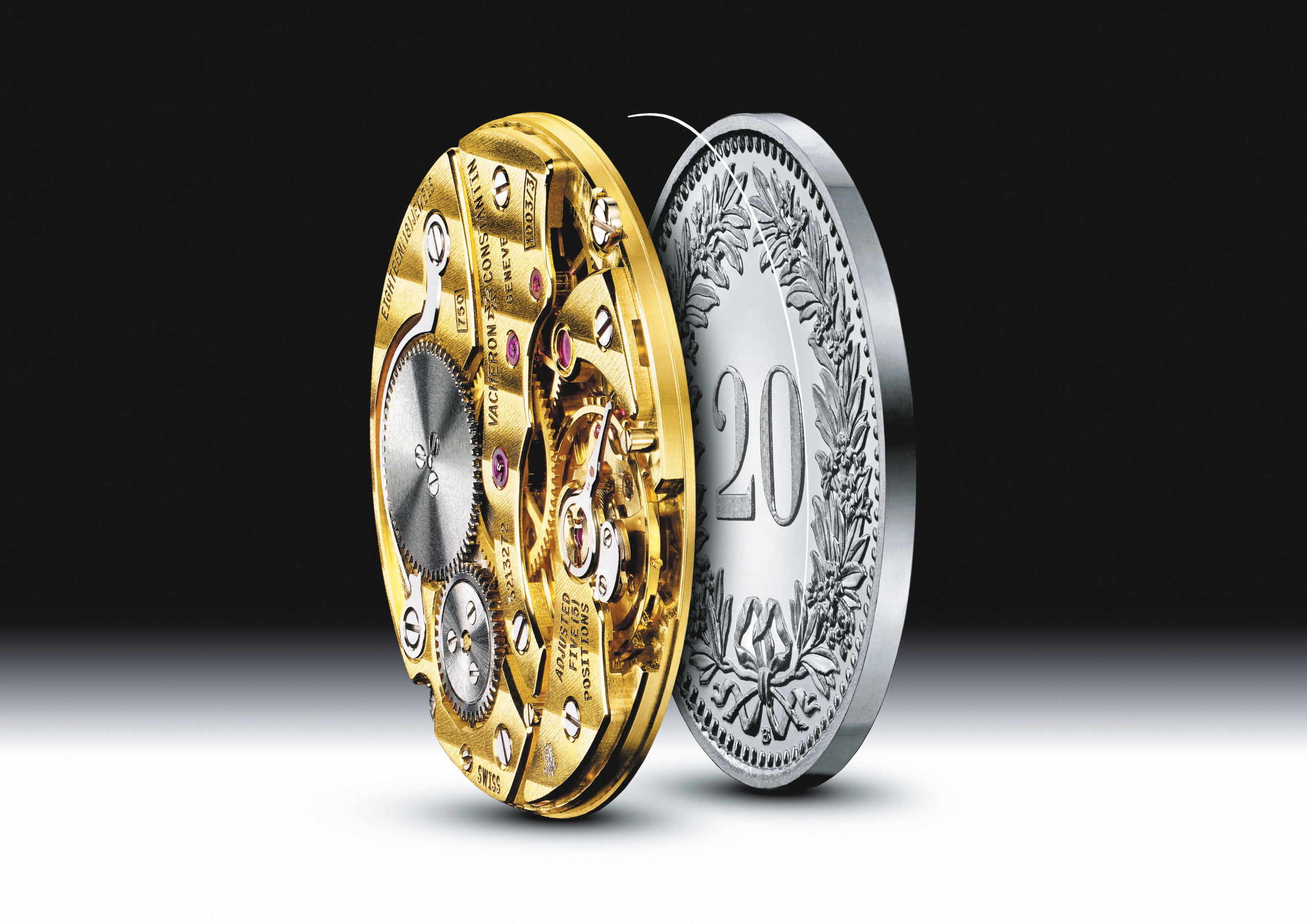
The result of a longstanding collaboration
According to Ora ïto, “A good design wasn’t created to be disposed of after a period of usage, it is designed around essentials to make it eternal.” The aesthetic worlds of Patrimony and Ora Ïto were made to meet and mingle. The face of the collection since 2019 as part of the “One of Not Many” campaign, the French designer is a longtime admirer of the Patrimony collection, a horological embodiment of his “Simplexity” concept.
A neologism combining two seemingly contradictory notions: simplicity and complexity, Simplexity is the art of proposing a simple response to a complex problem, of giving a simple appearance to an object involving invisible complexity. From architecture to furniture, fragrances, phones and public transport, Ora ïto is known for perpetual reinvention and for focusing resolutely on essentials – perfectly illustrated in the Patrimony self-winding watch.
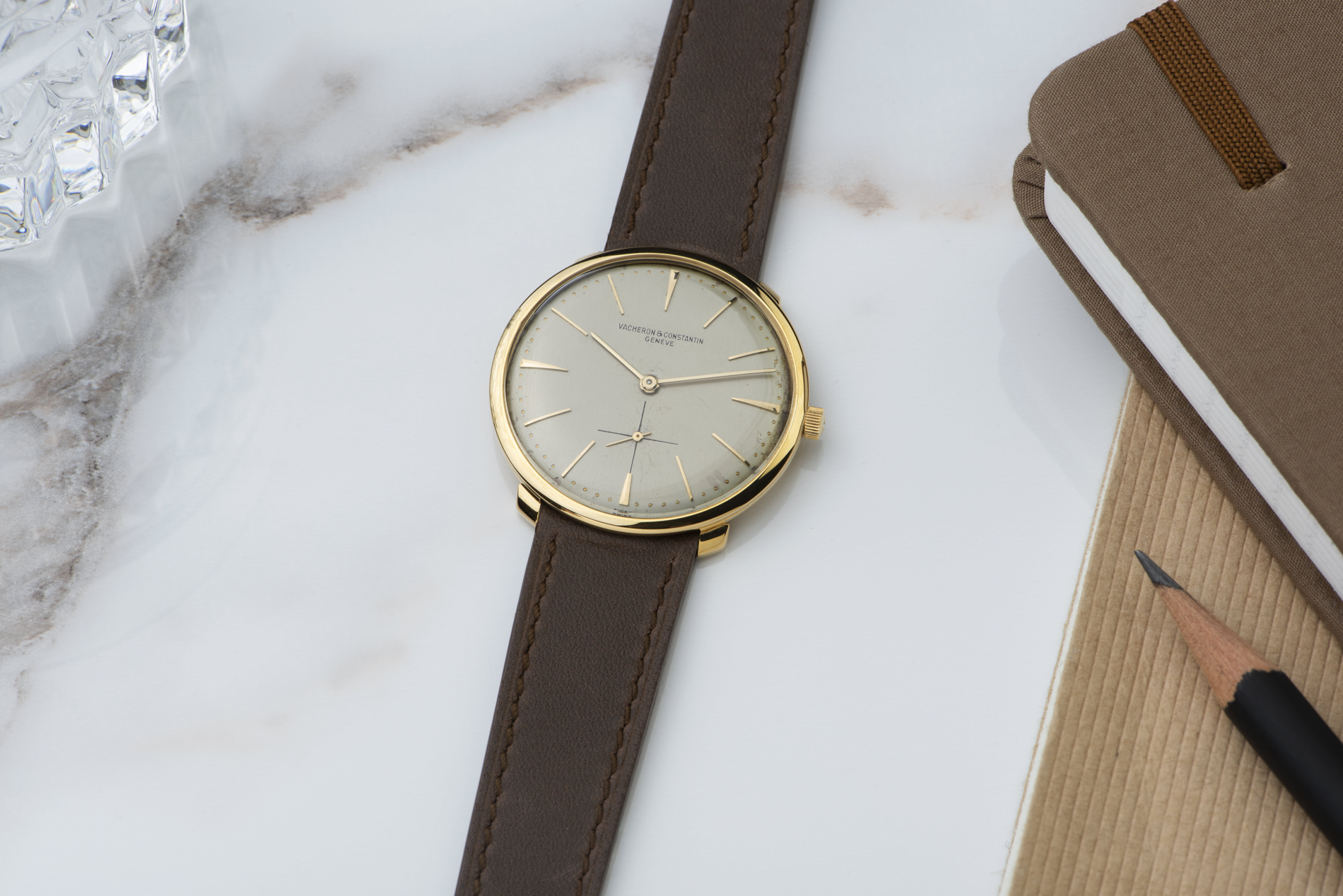
A signature timepiece
Understated, quintessential and timeless, the new Patrimony self-winding model celebrates the collection’s apparent simplicity. This 100-piece limited edition features a 40 mm yellow gold case framing a tone-on-tone gold-coloured dial adorned with an infinite number of concentric circles catching the light. This visually simple, circular geometry spreading like a rippling wave echoes the cambered dial surface. Astronomy enthusiast, Ora ïto explains that “this circular movement of light refers to the Baily Pearls, a spectacular phenomenon that accompanies an eclipse of the sun by the moon”. Yellow gold enjoys pride of place: on the applied hour-markers, on the ‘pearl’ minutes track and on the slender, slightly curved hands following the shape of the dial. This multitude of details lend a subtle vintage touch to the watch, as do the date discreetly displayed at 6 o’clock in a tone-on-tone aperture along with the metallic transferred Vacheron Constantin logo appearing beneath the sapphire crystal.
On the reverse, the sapphire crystal caseback reveals in-house self-winding Calibre 2450 with hours, minutes, seconds featuring High Watchmaking, notably including circular graining on the mainplate, Côte de Genève pattern on the bridges and an openworked gold oscillating weight revealing a Maltese cross. The model is paired with a burgundy calfskin strap, punctuated by rectangular shapes with softened angles that reinforce the vintage character of the watch and make a striking contrast with the circular geometry of the case and dial.


